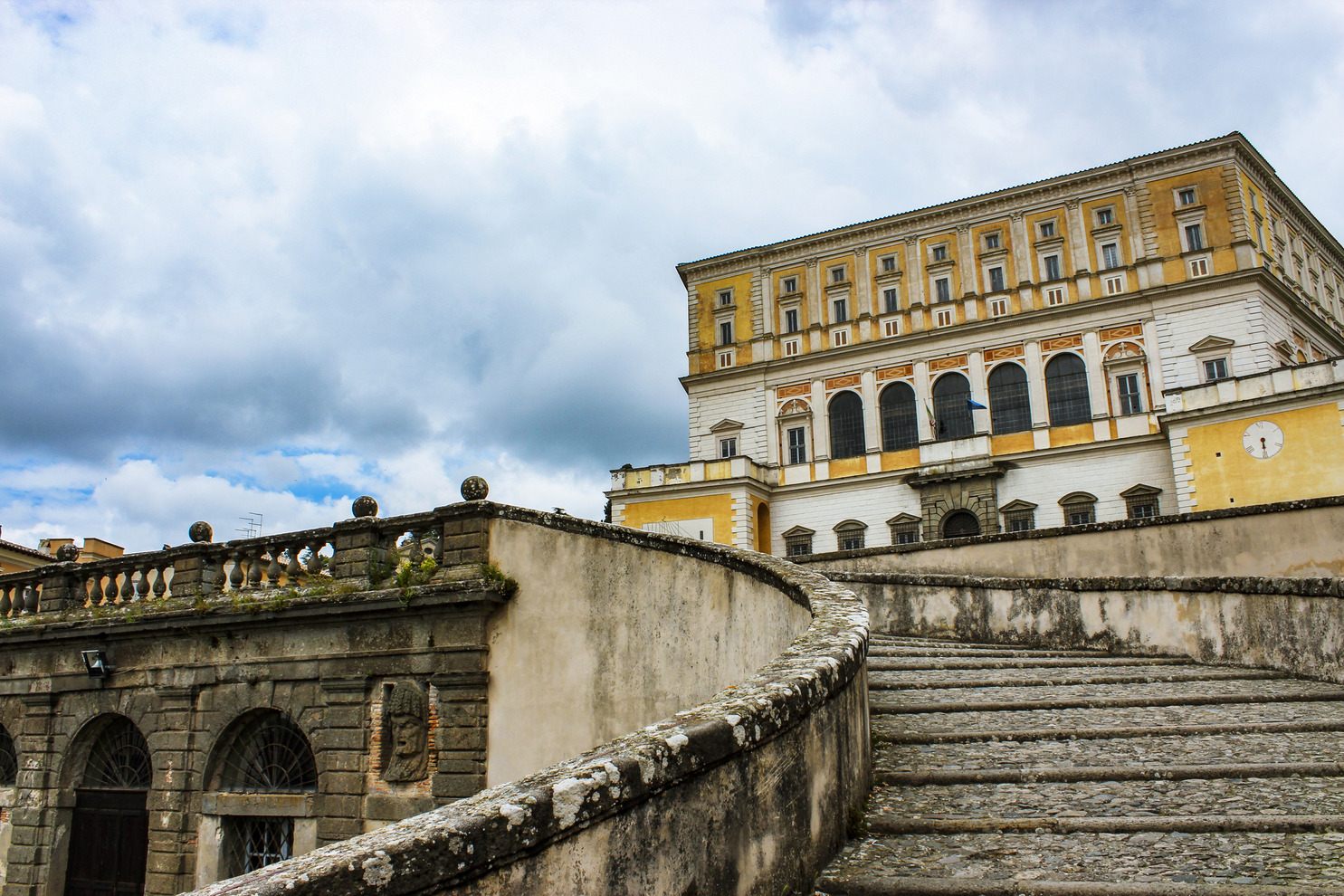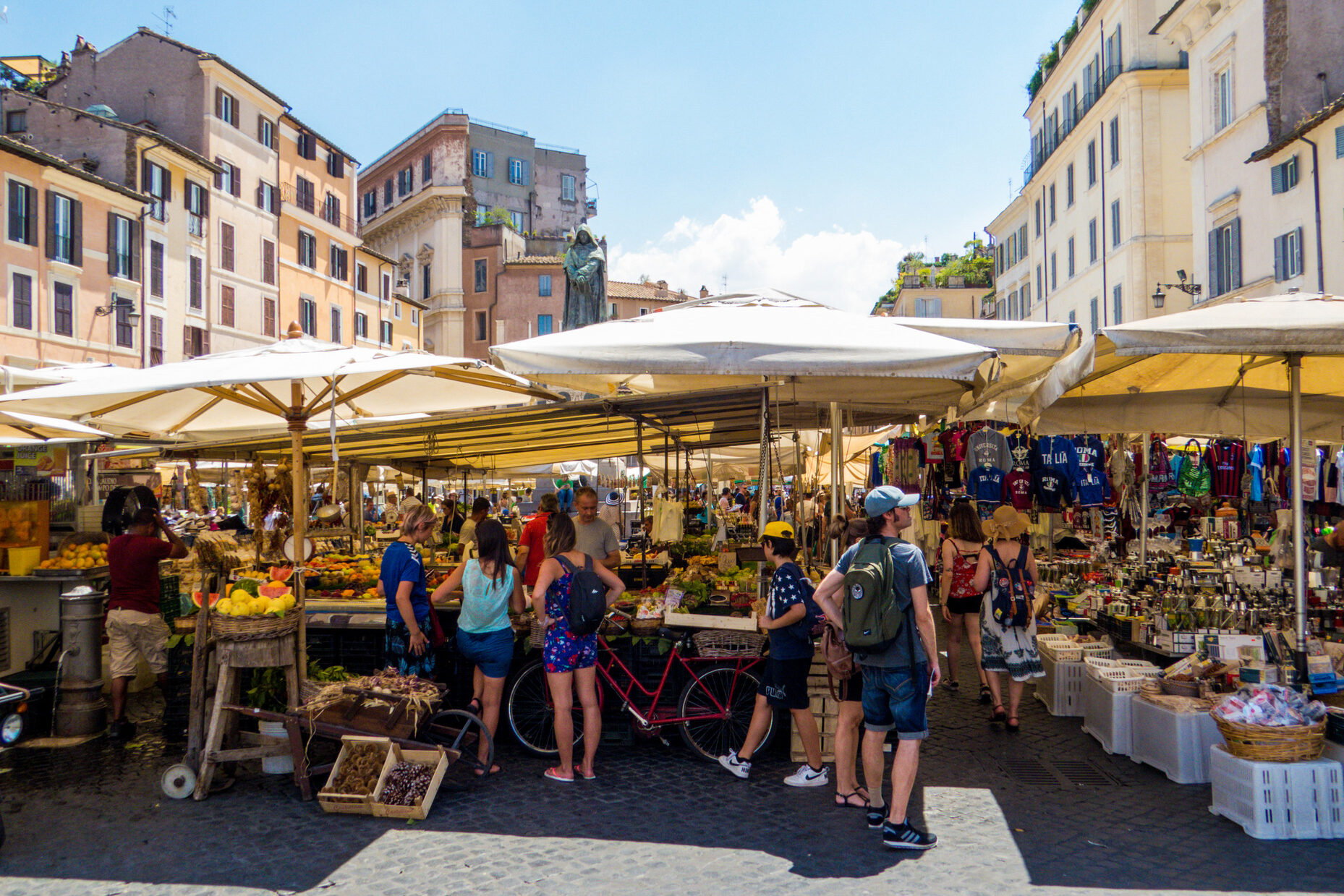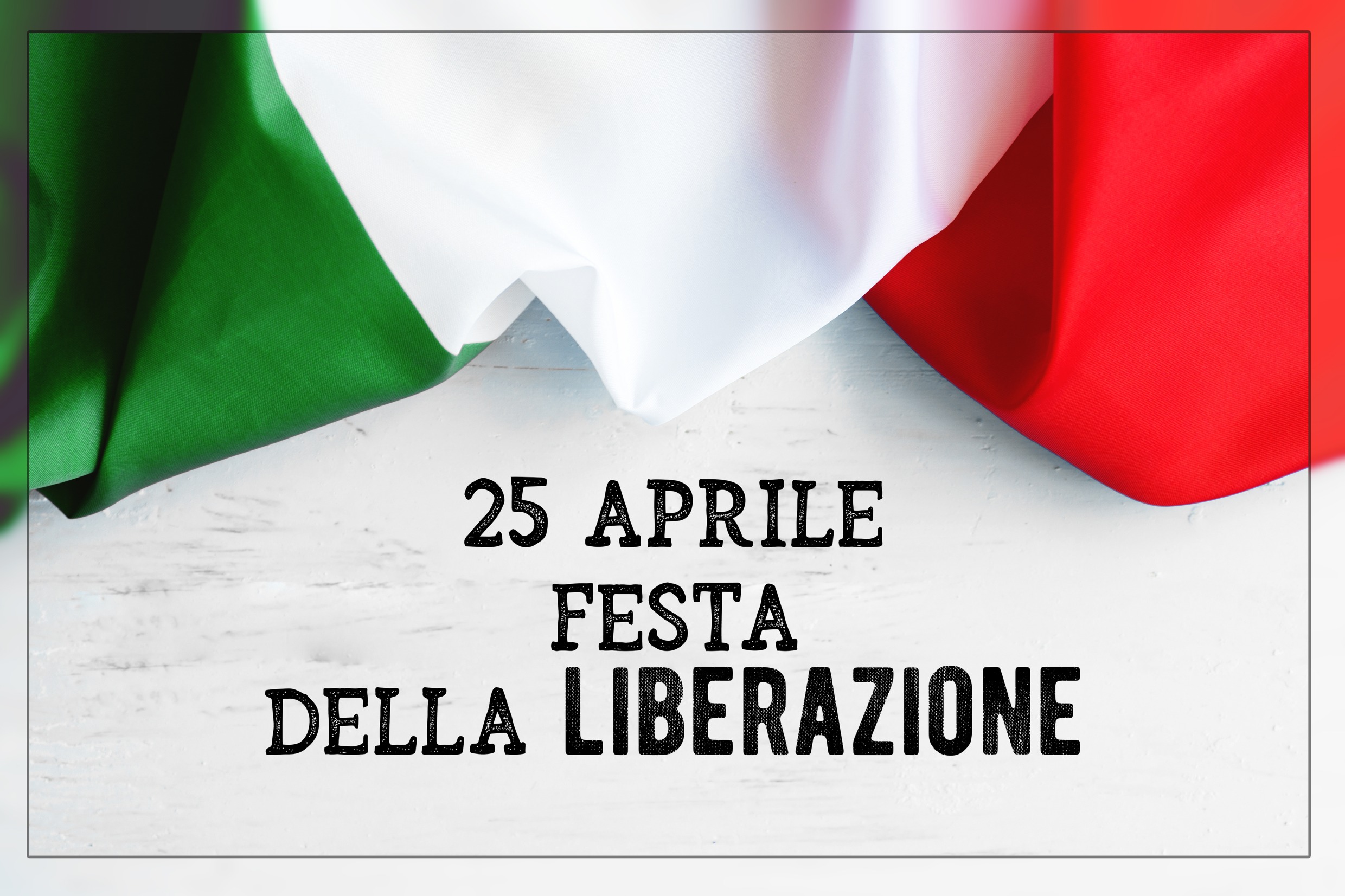Danilo Dolci (1924-1997) was a social activist who dedicated his life to addressing the social injustice suffered by Sicilian peasants and workers after World War II. He is sometimes called the Sicilian Gandhi. His pacifism was derived from his fundamentalist Christian principles that guided his activism on behalf of the poor in the slums of Palermo and nearby villages. He was nominated twice for the Nobel Peace Prize.
He was born in Slovenia by a Sicilian father and Slovenian mother. In 1952 he moved to Western Sicily, the fishing village of Trappeto, where he learned the local dialect in order to communicate with the people he intended to serve. In Trappeto and surrounding villages he discovered an unspeakable poverty that was underwritten by a feudal system of land ownership, criminality, and official governmental corruption.
To document the conditions of the people he helped, over his lifetime he published seven books that cover his social activism. His mid-century work remains relevant in what it tells us about the unjust economic and social conditions that persist in Sicily and the South in general today. The common theme that links the more than forty interviews in Sicilian Lives is the Northern government’s complicity with the Mafia and the Church to maintain the deplorable living and working conditions of Sicily’s laboring and peasant classes.
In Sicilian Lives, published originally in Italian in 1960, Dolci gives his often illiterate subjects the opportunity to speak for themselves. The nearly forty interviews include peasants, laborers, and industrial workers. To demonstrate what the lower classes in Sicily were up against in their efforts for reform, Dolci also interviews Sicilian aristocrats, prelates, and a Mafioso. The style he brings to his subjects, aided by Justin Vitiello’s excellent translation, qualifies Sicilian Lives as a classic among those other works on Southern Italian culture, including Carlo Levi’s Christ Stopped at Eboli, and Ann Cornelisen’s Torregreca.
Dolci divides his work into seven sections, each containing about four to seven interviews, organized around a theme. The Sicilians he interviews live in the Province of Palermo, from the slums of Palermo to the impoverished villages of Partinico, Trappeto, Balestrate, and many other surrounding areas in the province. Through Dolci’s prose, they speak with authentic voices about their experiences, whether they are an arrogant Cardinal, a duplicitous Mafioso, or an illiterate peasant. Often his uneducated subjects ramble and take illogical jumps or express their superstitious beliefs in curses, spells, and healers. But he does not edit their comments. His intent is to represent the lives of his peasant subjects, which includes the persistence of a feudal mentality in a region without educational resources or proper healthcare.
In the section Indigenous Culture, Rosario, who lives in Partinico’s slum, survives by collecting wild greens, snails, and frogs to sell. Leonardo, an illiterate shepherd, rambles on about his lonely life in the hills with his flock. He does not know what the moon and stars are, and can say only that he has heard the “Moon is the Madonna.” Bastiano, who is a day laborer, and Santo, both semi-literate, are involved in land reform and labor politics. This is what that sacrilegious trinity, the government, Mafia, and the Church, fear most. Their literacy, limited as it is, allows them an understanding of the source of their impoverished condition. Santo explains that the Mafia controls the land and does not want land reform.
Bastiano understands that while there is no water for farming, there is plenty of water in the region, if only the state would build a dam. But that would destabilize the distribution of wealth, make too many otherwise impoverished peasant farmers successful. Instead of growing their own food and exporting it, all of the region’s food comes from the North of Italy, where northern farmers and local distributors make all the profits.
In the section Parasite Cultures, Dolci is perhaps at his very best. His subjects, a government official, aristocrats, a Cardinal, a parish priest, and a Mafioso, are interested only in guarding their own interests insensitive to their responsibility for the poverty that surrounds them. Calò is a Member of Parliament, “a dangerous man,” Dolci writes, “a typical product of the Mafia-client system.” He opposes all labor and land reform, and supports only the growth of non-threatening religious societies in the region. When Dolci speaks with Sonia at her Bagheria family villa, he finds a woman who betrays some awareness of the injustice of the feudal cast system that places her and her family at the top of the social ladder and exploits landless peasants. But she resists any social and economic reform which will bring the inevitable demise of her class.
Likewise, when Dolci interviews the Cardinal Ernesto Ruffini, Ph.D., at the time “a great admirer and friend of Generalissimo Francisco Franco,” in his arrogance he refuses to answer or even read any of Dolci’s pre-submitted questions. His disrespect for Dolci is palpable. The Cardinal’s themelectureall of his subjects must be obedient to the laws of the Church, and by implication, the civil laws designed to oppress the peasantry.
To hear Don Genco “one of the most powerful Mafia bosses in all of Sicily leads a self-sacrificing life akin to the saints. He is a martyr who spends every hour of his day doing favors for others while neglecting his own needs. He is a fraud, but the most powerful and dangerous in the region. In a later chapter, when he visits an impoverished woman living in a straw hut in the country, Dolci must be accompanied by two men carrying guns. After his interview with the woman, he receives word that the Mafia threaten to kill him if he dares to return.
Dolci also interviews a well-educated parish priest, one of the rank-and –file charged with carrying out Church policy articulated by Cardinal Ruffini. Whatever his sympathies, he is up against an intransigent Church hierarchy and a governmental and Mafia controlled social environment. It is clear that when speaking to Dolci he knows how precarious his position is and chooses his words carefully. He says, “To create a socioeconomic community is not within our power. . . . In the social doctrine of the Church there are tenants forewarning that damage to the property of others is a mortal sin.” To protect its economic support from the government, the Church declared all efforts to reform the feudal order a mortal sin. Such Church policies at the time explain why the South has always had such a strong anti-clerical tradition, especially in Sicily.
Both the feudal order and even nature are stacked against the peasantry and the mid-level bureaucrat. In Vicious Circles, Rosaria explains how once she tried to escape to become a nun, but her father decided that she should marry. Her house is now being consumed by a relentless, unstoppable landslide. Neither the municipality nor the state will do anything to help her and her neighbors. Likewise, criminality has always been a product of the poverty throughout the South, from the nineteenth-century Calabrian brigante and to their modern counterparts the ‘Ndrangheta and the Mafia. Even the otherwise sympathetic Warden of the infamous Ucciardone prison feels that with his workload at the prison he is as imprisoned as his prisoners.
In Home-Grown Plagues, at the Ucciardone Prison, Dolci interviews some of Partinico’s inmates. But he humanizes his subjects, as opposed to the northern stereotype of the Sicilian as a criminal. In his interviews of the anonymous E.A. and X.X. and another prisoner named Vincenzo, the three men express a certain dignity and warmth as they describe the details of their impoverished childhoods that left them with few options as adults in society. Dolci points out that the Northern government spends millions of “lire” fighting crime each year, but does nothing to improve opportunities for Sicilians.
In the section Waste, Dolci travels to Corleone, where he interviews union workers. The danger of such work is obvious. Dolci explains in an introduction to one interview that Placido Rizzotto, Accursio Miraglia, and Salvatore Carnevale, three of Sicily’s most courageous peasant organizers and trade unionists, were assassinated by the Mafia. When he speaks to a peasant he calls Uncle Felice, he learns how, when a dam was finally built to store the region’s water, it is at the expense of the peasants, not for their benefit. The peasants were not compensated by the state for the loss of their land and houses when the rising water inundates their farms. Only the Mafia, which controls water distribution, and landowners, profited from the dam.
In the section Endurance, Dolci speaks with men and women who, nevertheless, have hope in the future. Artisan Giuseppe Gulì continues to work hard at his trade while Crocifissa has taught herself to read and write. Santuzza, though still illiterate at fifty, enjoys her life in the country with her animals. Sicilians have developed a resilience, an ability to endure their social conditions that they cannot control or change.
Dolci message is that the only hope for his exploited subjects is resistance to a social, religious, and political system that is organized against them. Dolci speaks with a man named Gaetano and an anonymous American emigrant to North America who returns to Sciacca, his native village. Both men are dedicated union workers hoping to improve the conditions of workers in the region. In the final interview, Dolci interviews Gino Orlando, whom he describes as his “Marxist-barber-poet friend.” His life began in the slums of Palermo where as a teenager he was often arrested for petty crimes and pickpocketing. When he became a barber, he improved his reading and writing skills through a correspondence course. He, became a Communist for a time, and then began organizing barber demonstrations. Gaetano concludes by telling Dolci, “I’ll never stop working with others for the good of the community.”
Through people like Gaetano and Gino, Dolci depicts a Sicily that must attend to its own destiny. It is Sicilians’ only hope. For sure, life in Sicily has improved since the 1950s. In fairness to the Church, it has declared, under the influence of South American Liberation Theology, a “preferential option for the poor,” a policy which post-1960s Popes have supported in their encyclicals. Recently, Pope Francis has “excommunicated” the ‘Ndrangheta and Mafia, and has declared them a malignancy, luring poor southern Italian young men into a life of crime. But today unemployment in Sicily still remains at nearly 20%, and worker productivity remains below all other Southern Italian regions. Though the illiteracy rate is now under 2%, too many Sicilian youth leave school before they graduate. As a result Dolci’s view of mid-century Sicily is still relevant today.
Sacrifice and courage has left an indelible legacy. However, what drives people like Dolce, Gandhi or Mother Therese remains a mystery. As Jerre Mangione wrote in A Passion for Sicilians, a work don the time he spent in Sicily working with Dolci, the mystery about Danilo Dolci does not lie so much within the man as in the fact that the world seems to be incapable of producing more men like him.”
Ken Scambray’s most recent works are Surface Roots: Stories, and Queen Calafia’s Paradise: California and the Italian American Novel.






























